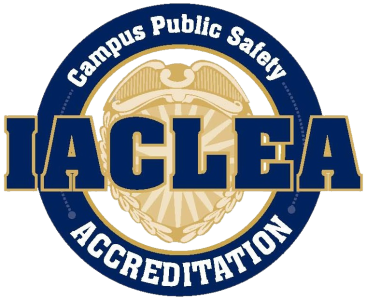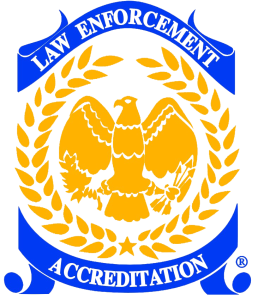About
Guiding Principles
The University of Texas Police at Houston strives to ensure safety and security of the University of Texas campuses in the Texas Medical Center and at many distributed locations in the region. Our campuses see thousands of staff, students, patients and visitors on a daily basis. As with any large setting, crime can occur at our institutions. When it does occur, our highly trained police officers are there to respond quickly to assist any victims and apprehend suspects.
MISSION
Our shared purpose of prevention, preparedness and protection safeguards the continuity of care, research advancements and educational aspirations of the community we serve.
VISION
We will employ an agile and adaptive Combined Protection Model to safeguard our patients, faculty, researchers, students, trainees, professionals, employees and the community.
VALUES
We support a culture of CARING through empathetic interactions that yield positive outcomes that enrich our community and enhance campus safety and organizational health.
We demonstrate INTEGRITY by upholding the highest moral standards, being honorable and reliable in our actions, and by consistently and fairly applying rules, regulations and laws.
We demonstrate LEADERSHIP by setting standards of excellence, encouraging continuous improvement, and promoting prevention and preparedness measures.
We PARTNER with our community to advance risk-protection services and improve incident outcomes. Our crisis intervention methods and community outreach programs aim to enhance employee health and wellness.
We exhibit PROFESSIONALISM by treating everyone with respect, dignity, compassion, and equal and unbiased actions. We perform with pride and commitment, reflect a positive attitude, and promote community trust at all times.
We value INNOVATION and meeting challenges through a Combined Protection Model. We implement progressive risk protection techniques to reduce the impact of campus incidents and promote prevention and preparedness.
Our History
 The University of Texas Police at Houston (UT Police) was established on December 8, 1967. It is the largest of 14 component police departments that constitute UT System Police.
The University of Texas Police at Houston (UT Police) was established on December 8, 1967. It is the largest of 14 component police departments that constitute UT System Police.
Prior to 1967, each of the UT System components utilized security personnel on campus. During this same period, student unrest with political issues begin to increase at all universities. In August of 1966, Charles Whitman, a student at UT Austin, gained access to the top of the UT Austin Main Building Tower with a number of high-powered weapons. Whitman shot and killed 17 people and wounded 35 others. During this incident, the need for professional university police protection with emergency response capabilities became very clear.
 In 1967, the Texas Legislature passed Senate Bill 162 which authorized university campuses in Texas to hire and commission police officer personnel. The UT System Board of Regents went a step further and implemented the UT System Police to oversee the hiring, training, and certification of police officer personnel at each of the UT System components. In 1968, the first UT System Police Academy was held to begin police officer staffing for 7 UT component police departments.
In 1967, the Texas Legislature passed Senate Bill 162 which authorized university campuses in Texas to hire and commission police officer personnel. The UT System Board of Regents went a step further and implemented the UT System Police to oversee the hiring, training, and certification of police officer personnel at each of the UT System components. In 1968, the first UT System Police Academy was held to begin police officer staffing for 7 UT component police departments.
UT System Police component police departments offer police patrols, criminal investigations, emergency response capabilities, crime prevention programs, monitoring university security systems, and a wealth of other community-related services to ensure a safer environment.
Our Milestones
| 1941 | MD Anderson is founded. |
| 1967 | UT System Police founded. |
| 1968 | C.E. Patton, first UT Police at Houston police chief. |
| 1971 | Ellis Means, second UT Police at Houston police chief. |
| 1972 | UTHealth Houston is founded. |
| 1974 | UT Police gets its second police car. |
| 1977 | Charles Price, third UT Police at Houston police chief. |
| 1981 | UT Police moves into new headquarters building on Knight Road. The former location for the department was on the 17th floor of what is now known as 'The Prairie.' |
| 1994 | UT Police became first accredited police department of the UT System Police. |
| 2004 | William Adcox, fourth UT Police at Houston police chief. |
| 2014 | First multiyear strategic plan published. |
| 2015 | UT Police Threat Management Team is created. |
| 2015 | UT Police is awarded the IAHSSF Lindberg Bell Award for outstanding health care security. |
| 2024 | UT Police Weapons System Training Facility completes major renovation. |



